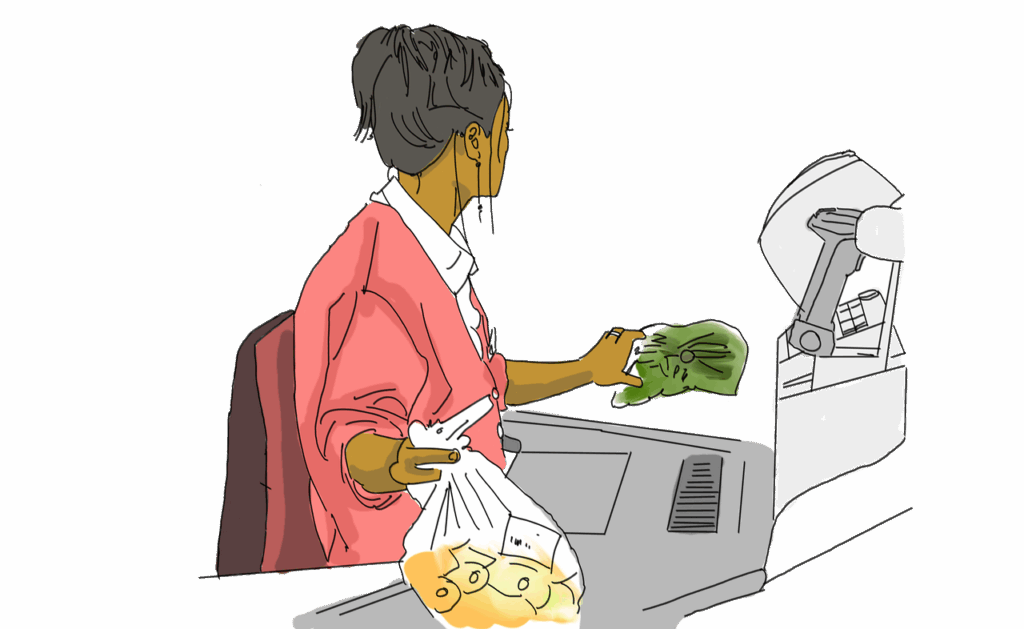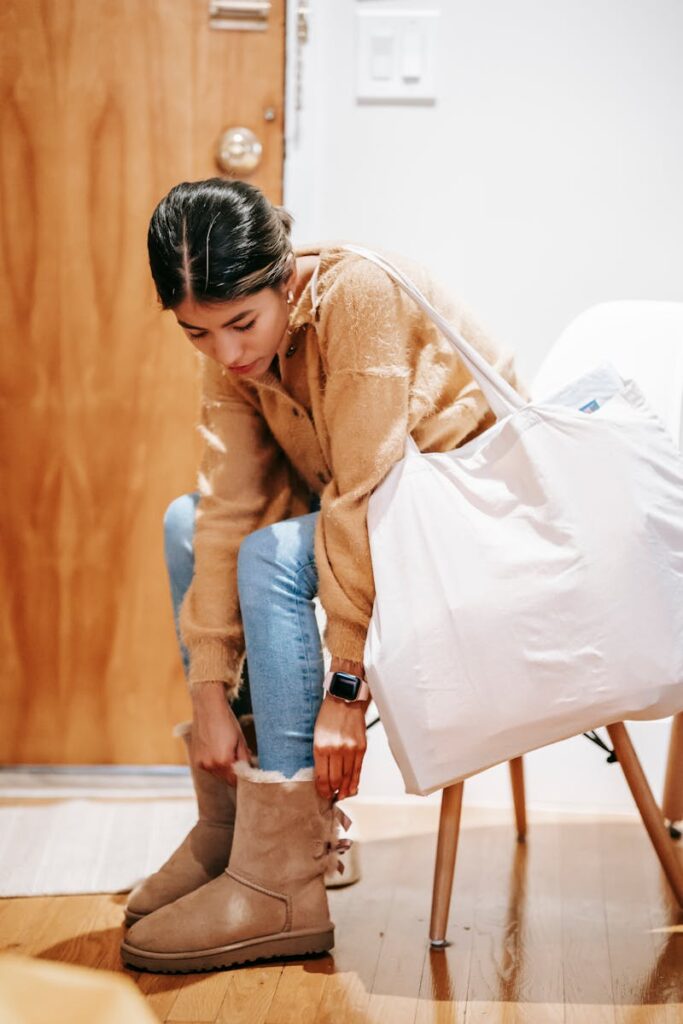
Grocery store cashiers are the unsung heroes of our shopping trips. They stand for hours, navigating endless streams of customers and mountains of products, all while maintaining a professional and often cheerful demeanor. These essential workers, so important to our daily lives, deserve more recognition and respect.
It’s easy to overlook how our actions unintentionally complicate their demanding jobs. Every interaction, from pushing carts into the checkout line to swiping a card, shapes their workday. What if some common habits are actually driving them crazy without us even realizing it?
We’ve tapped into the collective wisdom of real-life cashiers and retail employees. Get ready to rethink your routine. We’re about to spill the tea on 14 grocery store habits cashiers secretly wish you would stop doing – starting with seven common missteps that occur right at the register. Let’s become the customer every cashier dreams of serving!

1. **Expecting Cashiers to Do Mental Math**It sounds simple: a cashier should instantly calculate your change and totals. But as Monica Bender, a former college cashier, recalls, this expectation is a common frustration. “I hated when people expected me to be able to figure their exact change in my head,” she shared. Cashiers are human, not human calculators.
The advanced technology they operate is designed for flawless and efficient computations. Trusting the machine isn’t just about making their lives easier; it’s acknowledging the tools provided for a smoother process for everyone. “Guess what? I’m not good at math,” Monica admitted. “But do you know what is? This machine I’m standing in front of. So I’m going to let it do its job.”
When customers press cashiers to perform mental acrobatics, it slows down the line and adds unnecessary stress. By letting the register do its job, you contribute to a more efficient and less stressful environment for these essential workers. It’s a small gesture that shows appreciation and helps them focus on getting you checked out quickly.

2. **Unprepared or Expired Coupons**Coupons are a fantastic way to save, but the checkout line isn’t the ideal place for a treasure hunt. Melanie Carson, a grocery store cashier, has witnessed the chaos. “I’ve had a long checkout line stacked up because a customer is digging through her purse trying to find crumpled-up coupons,” she explained.
Cashiers aim to keep lines moving swiftly. When a customer holds up the process by fumbling for discounts, it impacts not just the cashier but also all other patient shoppers waiting. Timeliness in presenting coupons is a simple, yet important, act of consideration for everyone’s time.
Beyond being ready, there’s the critical issue of expiration dates. Most stores don’t accept expired coupons—that date is there for a reason. Carson stated, “Happy to honor current coupons, but the store I work at doesn’t allow for any that are expired.” Rules are rules!
Trying to argue for an expired coupon puts the cashier in an awkward, unwinnable position. They are simply doing their job, adhering to store policies beyond their control. “I’ve had so many shoppers try to argue their way into having me accept it anyway. I can’t. I’m just doing my job,” Carson reiterated.
So, next time, organize your coupons. Clip them, check dates, and have them accessible. This small preparation makes a world of difference, saving everyone time and avoiding unnecessary friction. It showcases respect for both the cashier’s time and the store’s rules.
3. **Asking Cashiers to Break Rules or Laws**It seems unbelievable, but cashiers frequently face requests to bend or break store rules, or even state laws. These situations put them in incredibly uncomfortable positions, highlighting a fundamental misunderstanding of their role. Cashiers facilitate transactions, they don’t make legislative exceptions.
Jessica Lee, recalling a questionable retail experience, recounted a customer asking if she would “not charge tax if they paid cash.” Her bewilderment was palpable: “What kind of operation do you think this is, and why do you think I can control the prices?” Sales tax is a legal requirement, not an optional add-on.
Similarly, legal restrictions on purchases are non-negotiable. Sarah Shaw, who worked at a grocery store, remembered strict Sunday alcohol sales laws. “Our register literally wouldn’t let me ring it up,” she said, detailing customer frustration when trying to buy alcohol just minutes before noon.
These examples underscore that cashiers are bound by systems and laws. Their registers enforce these rules, leaving them no discretion. To demand they circumvent regulations is not only rude but unreasonable, placing their job on the line.
Customers must understand that cashiers do not set prices, taxes, or legal restrictions. They are executing established policies. Expecting them to act outside these parameters is unfair and disrespectful. Respecting these boundaries ensures a smoother, more ethical transaction for all.
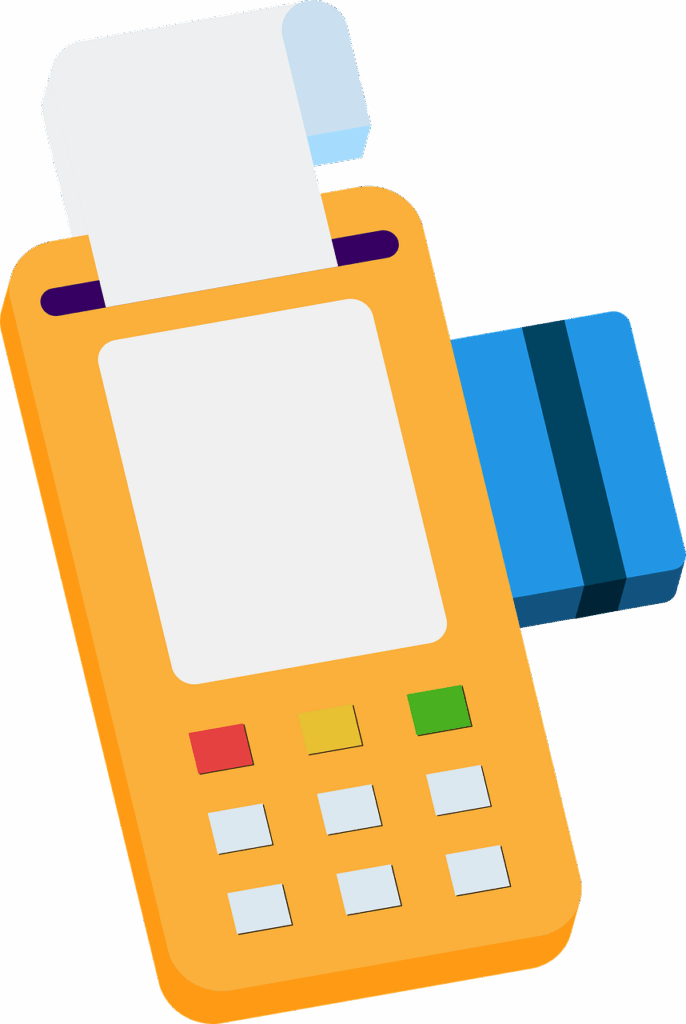
4. **Paying with Large Bills Unnecessarily**A $100 bill might feel like king’s ransom, but it can be a royal pain for cashiers, especially in smaller establishments. Megan Molloy, a former pizza place cashier, still “dreams about the pizza,” but not so fondly about customers’ payment habits. “What I don’t dream about is the incessant need for customers to break $100 bills at a modest pizza joint,” she lamented.
The issue isn’t acceptance, but practical implications for their cash drawer. Smaller businesses may not keep a large float. A $100 bill for a $5 purchase can quickly deplete their smaller bills, making it difficult to serve subsequent customers. It can also raise safety concerns.
“There was a bank right next door!” Molloy exclaimed, highlighting a simple solution. If carrying a large bill for a small purchase, consider getting change elsewhere first. It helps cashiers manage their till and prevents delays if they need to call for a cash drop.
This common courtesy isn’t about shaming; it’s about being mindful of retail’s operational realities. Many don’t think about how their payment method impacts the store or cashier’s efficiency. A small purchase with a very large bill creates an unexpected logistical challenge.
By making an effort to pay with smaller bills for smaller purchases, or breaking large bills at a bank beforehand, you’re not just being polite. You’re actively contributing to the smooth flow of business, showing consideration for the cashier and everyone’s shopping experience.
Read more about: 14 Car Myths Mechanics Are Begging You To Stop Believing (Save Money & Keep Your Ride Healthy!)
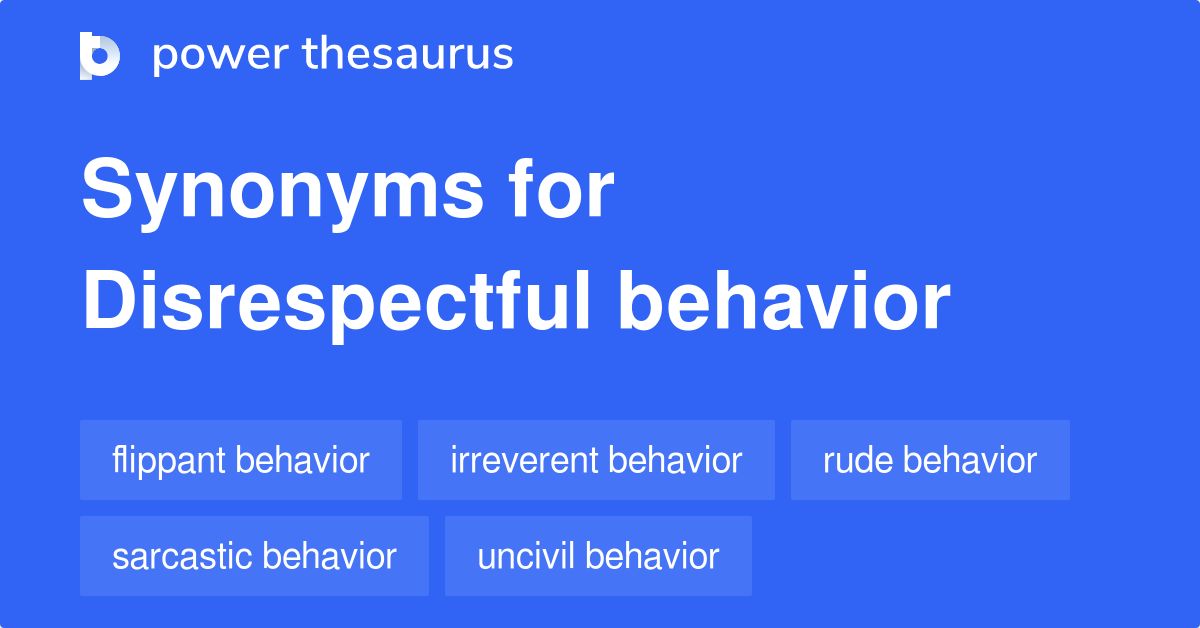
5. **Disrespectful Behavior**Regrettably, too many customers treat cashiers with a shocking lack of respect. They view customer service as an invitation to belittle or demean. This goes beyond simple rudeness; it’s an erosion of basic human decency. Sarah Shaw, from her experience, recalled, “People would make demeaning comments about my intelligence, like I was stupid because I was working a register.”
This casual cruelty is deeply damaging. While the customer may sometimes feel “right,” they are never entitled to treat another human being as a servant. Cashiers are people with feelings, skills, and dignity. They deserve common courtesy and respect, just like anyone else.
Beyond insults, disrespect can manifest as haggling. Morgan Winter, with over a decade in retail, found this exasperating. “You wouldn’t believe how many customers have tried to haggle over the price of an item. This isn’t a garage sale,” she stated. Fixed prices are simply not negotiable.
Even a basic greeting can be met with unsettling silence. An anonymous retail worker emphasized, “When your cashier says ‘Hi, how are you?’, look at them and respond. Don’t look through us, and don’t ignore us.” They underscore that cashiers “are people, and we deserve common decency.”
These small acts of disrespect accumulate, chipping away at morale. Treating cashiers with dignity, responding to greetings, and refraining from negotiating set prices are fundamental aspects of good customer etiquette. It’s about recognizing their humanity and the value of their work.
Read more about: Beyond the Red Carpet: 12 Actors Who Might Be More Problematic Than You Think

6. **Excessive Use of Coins**Coins are legal tender. However, how they’re presented at checkout can turn a simple payment into a chaotic ordeal. Cashiers express frustration with customers paying with uncounted, overwhelming amounts of loose change, especially during busy times.
While cashiers appreciate exact change, the “fistful of pennies and nickels one-by-one” scenario is unhelpful. This meticulous, slow counting tests patience and creates frustrating delays for others. Dropped coins often add to the disarray, prolonging the transaction.
Cashiers’ advice is clear: if paying with substantial loose change, count it beforehand. Or, if it’s too much trouble, simply hand over what you have and let the cashier handle it. They are equipped to count quickly and accurately with their tills.
If you have a large collection of change, consider shopping during less busy times. This allows for a more relaxed transaction without line pressure. Many stores and banks also have coin-counting machines to streamline this process for you.
The underlying message is efficiency and consideration. While coins are currency, their presentation can either aid or hinder checkout. A streamlined approach ensures a quicker, more pleasant experience for both you and the cashier. It’s about using common sense.
Read more about: Buyer Beware: 10 Cars of 2025 Plagued by Recurring Mechanical Woes, According to Consumer Complaints and Data

7. **Complaining About Prices**With the cost of living constantly rising, feeling the pinch of grocery prices is understandable. However, the checkout line is not the venue to air these grievances with the cashier. They have no control over store pricing, market fluctuations, or economic trends, making such complaints entirely misplaced.
Jessica Lee captured this sentiment: “You are the one shopping; if you don’t like the prices, then don’t shop here.” While blunt, this reflects the genuine frustration cashiers feel when becoming targets of customer dissatisfaction about pricing. They are often low-wage employees, just trying to do their jobs, with no power to change the numbers.
There’s a fine line between polite conversation and being belligerent about your shopping trip’s cost. Cashiers are happy to engage in light banter, but a lengthy monologue about inflation is not their job. It’s simply unfair to them and wastes everyone’s time.
This habit adds discomfort and does nothing to resolve your actual issue. If you have genuine pricing concerns, store management or customer service desks are the appropriate channels. Complaining to the cashier only dampens their spirits and creates an awkward moment.
So, next time you feel the sting of a high grocery bill, take a deep breath. Direct frustrations to the right people, or accept that the cashier isn’t the arbiter of supermarket economics. Refraining from complaining about prices extends a simple courtesy, helping cashiers maintain a positive demeanor through demanding shifts.
Alright, we’ve navigated the checkout line and uncovered some serious no-nos. But the journey through the grocery store isn’t just about the final transaction. There’s a whole world of customer habits that happen *before* you even hit the belt, or even *while* you’re there, that can make a cashier’s (and other employees’) day a living nightmare. Get ready to go behind the aisles and discover seven more truths that grocery store workers desperately wish you’d stop doing. Let’s make every shopping trip a breeze, not a burden!
Read more about: A Comprehensive Review of Facebook: Tracing Its Evolution, Features, Controversies, and Enduring Global Impact

8. **Abandoning Unwanted Items**We’ve all been there: you grab an item, toss it in your cart, only to change your mind a few aisles later. Maybe the price isn’t right, or you realize you don’t actually need that jumbo bag of artisanal kale chips. But what happens next is where things can go wrong, turning a simple decision into a major headache for store employees. Instead of returning the item to its rightful place, some shoppers decide to ditch it wherever they please.
This habit isn’t just a minor inconvenience; it’s a genuine problem that creates extra work, waste, and even potential health hazards. Imagine finding raw chicken in the cookie aisle, or a melting ice pop next to a display of cardboard snacks. As one Redditor shared, they have “bonus hate” for people who hide perishables in non-refrigerated sections. It’s a massive waste of food, and it risks contaminating other products, leading to even more items being thrown away.
Another anonymous retail employee expressed the sheer frustration: “It’s very irritating when you find all of these little items all scattered over the store that you have to put back at the end of your shift.” This sentiment is echoed by cashiers who recall entire carts full of forgotten, often perishable, items left behind by customers who realize they can’t pay or simply change their minds. All that hard-earned shopping time for the customer turns into wasted time for the staff who have to re-shelve everything.
The solution is simple: if you decide you don’t want something, please, for the love of all things organized, either put it back where you found it or, if you’re already near the checkout, hand it to a cashier or another employee. They’d much rather restock it properly than stumble across a forgotten, spoiled item later. It’s a small act of consideration that makes a massive difference in preventing unnecessary waste and workload.

9. **Hogging the Express Lane**Ah, the express lane. A beacon of hope for those with just a few items, a promise of swift escape from the grocery store labyrinth. But sometimes, this sanctuary of speed becomes a battleground, all thanks to shoppers who see the “10 Items or Less” sign as merely a suggestion rather than a strict guideline. Sneaking into the express lane with a cart overflowing with groceries might seem like a clever shortcut, but it’s actually one of the quickest ways to annoy everyone around you, especially the cashier.
The fast lane exists for a reason: to facilitate quick transactions for customers with minimal purchases and to keep the overall flow of traffic moving efficiently. When someone deliberately disregards the item limit, they clog up the system and undermine the very purpose of that lane. It’s not just about the extra time it takes to scan their items; it’s about the cumulative delay for every patient shopper behind them who actually respected the rules.
As one grocery store employee put it directly, when asked if it can hurt to sneak in with more items, “Wrong. The fast lane is there for a reason. If you genuinely didn’t realize you had more than 10 items, don’t sweat it, but don’t cheat the system if you can help it.” This highlights that while genuine mistakes happen, intentionally gaming the system creates unnecessary frustration. It’s a quiet form of disrespect for both the store’s rules and the time of fellow shoppers.
So, next time you’re eyeing that express lane, take a quick peek in your cart. If your item count is pushing double digits or beyond, do everyone a favor and head to a regular checkout line. Your honesty helps maintain the integrity of the express lane, ensuring it remains a speedy option for those who truly need it, and demonstrates a respect for efficiency that cashiers and fellow shoppers alike will silently applaud.
Read more about: Mastering the Road: 14 Lifehacker-Approved Strategies to Calmly Navigate Aggressive Drivers and Stay Safe
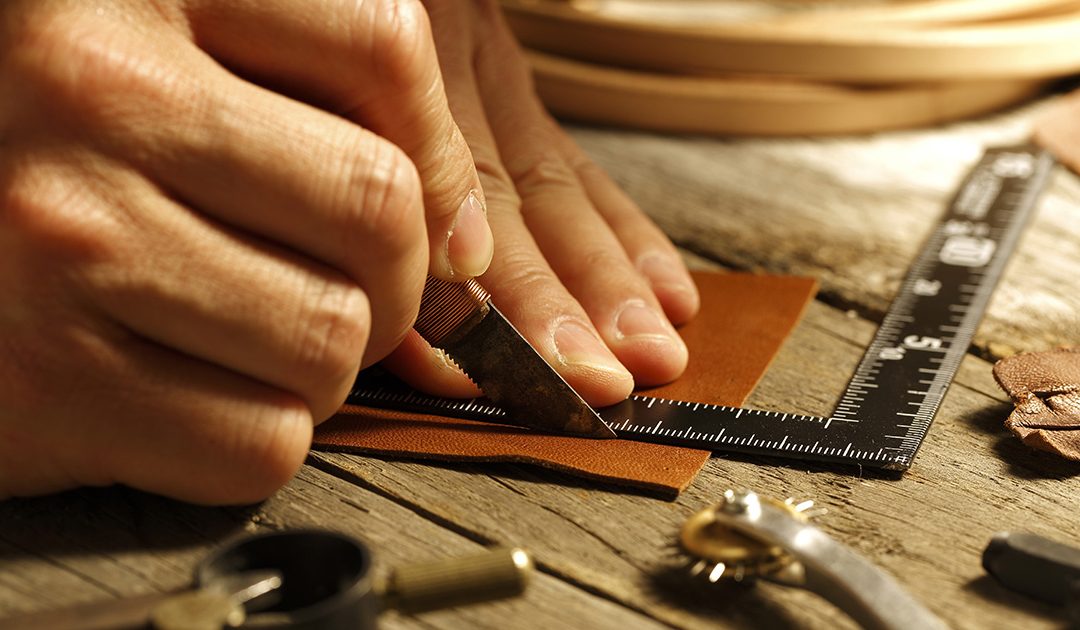
10. **Making Inappropriate Demands**Cashiers are there to serve, but that doesn’t mean they’re there to be your personal assistant or to cater to every unreasonable whim. Beyond general rudeness, specific demands can cross a line, infringing on their personal space, their job security, or even their physical well-being. These types of interactions go beyond simple complaints about prices or slow lines; they often stem from a sense of entitlement that completely disregards the cashier’s humanity.
Consider the deeply personal and frankly shocking demand recounted by a physically disabled cashier: “I’m a physically disabled cashier, so I use a stool to sit on during my shift. Please don’t ask me to give it to you because you’re tired, or ask why I ‘get to sit!’ It’s extremely rude, and standing is a privilege that most disabled people (who either can’t stand or can’t stand for a long period of time) would do anything for.” This kind of request is not only insensitive but profoundly disrespectful, revealing a lack of empathy for another person’s struggles.
Other inappropriate demands often revolve around how cashiers do their job, particularly concerning bagging. Anonymous cashiers shared their exasperation: “If you want your purchase bagged in such a specific way that you are literally taking items out of my hand and telling me to place them in a different spot, bag them yourself.” Another simply exclaimed, regarding instructions on bagging cold items together, “Why? BECAUSE WE KNOWWWWWWWW.” Similarly, a cashier noted, “If it’s that important, do it yourself,” when customers nitpick about bag types or double-bagging at the very end of the transaction.
These interactions aren’t just annoying; they chip away at a cashier’s professionalism and self-worth. They are trained to do their jobs effectively and efficiently, and constantly being second-guessed or asked to perform tasks outside of their physical capabilities or expertise is demeaning. A little trust and understanding go a long way in making their demanding shifts more bearable. Recognize that cashiers are professionals, not personal servants, and treat them with the dignity and respect they deserve.
Read more about: The Heart-Wrenching Realities: A Deep Dive into the Tragic Life and Ongoing Struggles of Rosie O’Donnell’s Daughter, Chelsea

11. **Blocking Aisles and Leaving Carts Unattended**Picture this: you’re navigating a busy grocery store, trying to quickly grab that one forgotten ingredient, only to find an entire aisle blocked by a seemingly abandoned shopping cart. Or perhaps you’re finally in a checkout line, only for the person ahead of you to wander off, leaving their cart as a placeholder while they embark on a last-minute treasure hunt for forgotten items. These scenarios aren’t just annoying; they create significant bottlenecks and delays for everyone, earning a top spot on cashiers’ “please stop” lists.
One current grocery store employee, Maria Camby, perfectly summed up the frustration of the latter situation: “You’re not fooling anyone. And you’re also making it so the people behind your cart in line are annoyed and slowing down the checkout process.” Leaving your cart to go “finish shopping” after you’ve already committed to a line is a surefire way to hold up the entire operation. It shows a disregard for others’ time and the efficiency of the store.
Beyond the checkout, carts left haphazardly in aisles create major navigational challenges. It’s not just about blocking a path; it can lead to accidents or make it impossible for other shoppers to access products. Retail workers emphasize the importance of pulling your cart to the side, allowing others to pass. As an etiquette expert cited in the context suggests, you need to pull your cart over to the right so that people can pass you. This simple act keeps the flow of the store smooth and prevents unnecessary congestion.
The message here is clear: please be mindful of your cart and its placement. Finish your shopping *before* you commit to a checkout line, and always position your cart in a way that doesn’t obstruct other shoppers or staff. These thoughtful habits contribute significantly to a less stressful environment for both customers and employees, proving that good cart-iquette is truly golden.
12. **Expecting Cashiers to Be Product Experts**Your cashier is a wizard at scanning items, handling payments, and perhaps even engaging in a bit of friendly banter. What they usually aren’t, however, are encyclopedias of seasonal produce, connoisseurs of artisanal cheese, or walking inventory managers for every department. Yet, many customers approach the register expecting them to possess an omniscient knowledge of every single product in the store, from its origin to its current stock status. This misplaced expectation can lead to awkward delays and unnecessary frustration for everyone involved.
Consider the all-too-common scenario of asking your cashier about specifics of products outside their immediate purview. As the context points out, “Chances are, your cashier isn’t going to know much about seasonal produce, cuts of meat or if a specific bakery item is in stock.” Their primary role is to facilitate the transaction, not to recall the precise flavor profile of every obscure fruit or the exact delivery schedule for your favorite sourdough. Directing such questions to the cashier is often a waste of both your time and theirs.
An anonymous cashier shared a similar sentiment regarding finding items in the store: “If you don’t know where to find something, first look at the signs on the walls and hanging above the aisles. Usually, you can find it by looking at the signs, but if you can’t, ask someone who can actually help you. Don’t ask someone in the deli where the cheese is and then get upset when they say ‘in the dairy section’ because it’s obvious that’s where the cheese is.” This highlights that while asking for help is fine, directing detailed product questions to the wrong department, or to a cashier, can be inefficient and frustrating.
The best practice is to seek out employees who specialize in the relevant department—be it produce, bakery, or the meat counter—or visit the customer service desk. They are equipped with the knowledge or resources to provide accurate information. By asking the right person, you ensure you get the answer you need quickly, and you allow cashiers to focus on their vital role of keeping the checkout lines moving smoothly. It’s about respecting their designated expertise and role within the store.
Read more about: The AI Revolution: 15 Key Careers Set to Transform (Or Disappear) by 2030 – Are You Ready to Pivot?

13. **Disregarding Heavy/Bulky Item Protocol and Employee Well-being**While cashiers are undoubtedly strong, both in spirit and often physically, there’s a common misconception that they should single-handedly move every item, no matter its size or weight. This oversight often manifests when customers load entire cases of heavy beverages, massive packs of paper towels, or industrial-sized toilet paper onto the conveyor belt, seemingly unaware of the physical strain it can impose on the person ringing them up. It’s a prime example of unintentional behavior that makes an employee’s job significantly harder.
One anonymous cashier made a plea directly to shoppers: “Please, Lord, keep the ginormous water cases, paper towels, and toilet paper in your cart. We barely have enough room to get the other stuff through. We can get those bigger items with the scan gun, or we may have a button designated.” This underscores an important point: cashiers are equipped with long-reach scanning guns specifically for these bulky items. Lifting them out of your cart is often unnecessary and adds to their physical exertion throughout their shift.
Another retail worker elaborated, “Most stores have scanning guns that reach, so leave heavy items in the cart to save the cashier some unnecessary arm strain.” It’s a simple act of courtesy that acknowledges the physical demands of their job. By leaving heavy items in your cart, you’re not being lazy; you’re actually being considerate and efficient, allowing the cashier to utilize the tools designed to make their job safer and faster.
Beyond just heavy items, thinking about how you load your groceries in general can make a big difference. An anonymous cashier advised, “Cans first, then veggies, then eggs, and bread.” This common-sense order helps cashiers bag efficiently and protect fragile items. Being mindful of item weight and arrangement before you even get to the register can transform the checkout experience from a strenuous workout into a smooth, collaborative process.

14. **Disgusting Payment Habits**Alright, we’re going to get a little real here, because some habits are just, well, plain gross. While cashiers are trained professionals, they are also human beings who deserve a basic level of hygiene and respect during transactions. Unfortunately, some customers, perhaps without thinking, engage in payment habits that can make a cashier’s stomach churn and their job truly unpleasant.
Let’s talk about the absolute gold standard of cringe-worthy cash payments. One anonymous cashier shared a memory that clearly still haunts them: “PLEASE for the love of God, don’t pull cash out of your nasty sweaty boobs and expect me to want to handle that. Seriously, if you need to store stuff in there because you’re on a motorcycle or something, then fine, but at least get a flat wallet or something. It always grossed me out when they would hand us warm and wet cash to pay from their boobs 🤢.” This vivid, and frankly unappetizing, anecdote highlights a fundamental lack of consideration for another person’s comfort and hygiene.
While the “boob cash” might be an extreme example, it speaks to a broader principle: handle your money, cards, or payment devices in a clean and respectable manner. Cashiers touch countless items and interact with hundreds of people throughout their shifts. Asking them to handle unhygienic currency not only makes their job more difficult but also raises concerns about basic sanitation and the spread of germs. It’s a small but significant way to show respect for their well-being.
Ultimately, these types of habits reflect a fundamental disregard for the cashier as a person. They are there to provide a service, not to be subjected to unhygienic practices. Taking a moment to ensure your payment method is clean and presented respectfully is a simple act of common decency that goes a long way in making a cashier’s demanding day a little bit better. Your consideration in this area isn’t just polite; it’s essential for a positive and healthy transaction.
—
So there you have it, folks! We’ve peeled back the curtain on 14 grocery store habits that cashiers secretly wish you’d put a stop to, diving deep into everything from checkout blunders to aisle antics. It’s easy to get caught up in our own shopping missions, but these insights from real-life cashiers offer a powerful reminder that our small actions can have a big impact on the people working tirelessly to make our grocery runs possible.
Being a good customer isn’t just about saying “please” and “thank you” (though those go a long way!). It’s about being mindful, prepared, and empathetic to the often-unseen challenges faced by those on the front lines of retail. From properly handling unwanted items to respecting the express lane, and from considerate communication to hygienic payment practices, every thoughtful step makes a difference.
So, next time you’re pushing your cart through the aisles or heading to the register, take a moment. Reflect on these truths and remember that a little bit of consideration, organization, and respect can transform a mundane shopping trip into a genuinely positive experience for everyone involved. Let’s all strive to be the customer every cashier dreams of serving – because they truly deserve it!”


